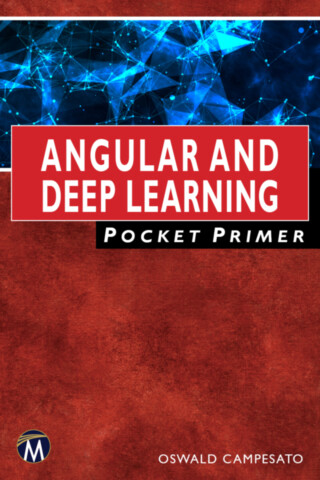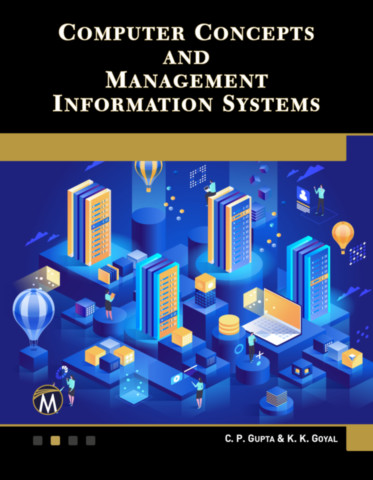Mercury Learning and Information
MERCURY LEARNING AND INFORMATION provides content in the areas of science and health, technology and computing, engineering, and mathematics (STEM disciplines) designed for the professional/reference, trade, library, higher education, career school, and online training markets.
- Art, Music & Culture
- Built Environment & Urban Studies
- Business & Economics
- Computing and Information Technology
- Education K-12
- Electronics, Automation & Robotics
- Energy
- Engineering
- Environment & Conservation
- Health & Medicine
- Mathematics
- Physics
- Public Health
- Radar, Sonar & Electromagnetic Waves
- Science
- Technology
- Telecommunications & Signals
Featured Reviews
Combating Cyberattacks Targeting the AI Ecosystem
Assessing Threats, Risks, and Vulnerabilities
Aditya K. Sood's book, Combating Cyberattacks Targeting the AI Ecosystem: Assessing Threats, Risks, and Vulnerabilities, addresses the pressing security challenges unique to AI systems. As AI becomes increasingly integrated into various sectors, it becomes a prime target for sophisticated cyber threats. Sood explores the vulnerabilities within the AI ecosystem, mainly how attackers exploit weaknesses in large language models (LLMs), generative AI (GenAI) applications, and AI infrastructure. This highlights the critical need for proactive security measures. The book offers technical insights and real-world case studies, making it an essential guide for security professionals who aim to protect AI assets. Sood stresses the importance of developing strong and adaptive defenses, detailing methods for detecting and mitigating adversarial tactics, data poisoning, and model tampering. By discussing practical strategies and forward-looking security frameworks Combating Cyberattacks Targeting the AI Ecosystem equips readers with the tools to anticipate and counter emerging AI-specific threats, presenting a valuable resource in the field of cybersecurity and preparing them for future challenges.
Renuka Nadkarni, Chief Product Officer, Aryaka
Surviving A Cyberattack
Securing Social Media and Protecting Your Home Network
“This essential guide demystifies digital safety for families, households, and small businesses. Free from technical jargon, it offers clear, practical, and easily understood advice. Written by two legends from the world of cyber investigations, it’s underpinned by decades of real frontline and practical hands-on experience and is an indispensable resource for protecting your digital world."
Neal Ysart, Founder, MacNeal-LCB & Partners Inc.
"Adding to the Pocket Primer series is a fine introduction to basic deep learning approaches to Angular 10 applications, offering computer users a fast way to applying knowledge to real-world activities. Computer users should expect discussions of basic deep learning concepts, accompanied by algorithms and code files that demonstrate how these concepts work in the Angular 10 environment. Chapters cover TensorFlow 2 and Keras as they examine subjects such as pipes and UI controls, data binding models, architectures for deep learning, and creating histograms, heat maps, and more. Those seeking a quick learning approach to Angular and the deep learning environment will find this pocket primer's examples and references lend nicely to refresher courses and new introductions alike."
Bookwatch
"Computer Concepts and Management Information Systems covers the basics of computers for those who would embark on a self-study program at home. It covers all the major basics of hardware and software, from systems to applications. While it provides information on Microsoft Office and other information systems, it expands its subjects to cover security issues, cybercrime, and even business ethics. Self-study readers looking for a basic introduction to computers will find this an excellent starting point."













